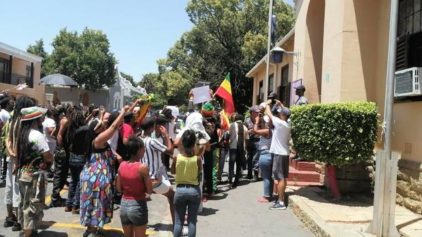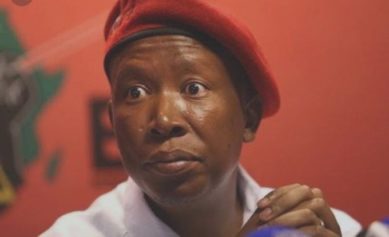Johannesburg — In an ideal society, every child would have an equal shot at achieving their human potential, regardless of their race, gender, family background or where they were born. The reality in South Africa, one of the most unequal societies in the world, is that a white boy born to a two-parent household in suburban Johannesburg has a much greater chance of succeeding in life than a black girl born to a single mother in rural Kwa-Zulu Natal.
The World Bank’s six-monthly economic update for South Africa, released on 24 July, features findings from a study that compared the inequality of opportunities for South African children with their peers in other middle-income countries and found that South Africa is lagging behind on a number of key indicators.
The report uses the Human Opportunity Index (HOI), which is the coverage rate of a particular basic service adjusted according to how equitably the service is distributed among different population groups, to compare opportunities among children. The authors found that while school attendance for children under 15 and access to telecommunications were nearly universal, provision of water, sanitation, health insurance and completion of primary school on time varied considerably depending on a child’s circumstances.
Speaking at the launch of the report, Ambar Narayan, a lead economist with the World Bank and co-author of the report, explained that location – whether a child lives in a township, urban or rural area – emerged as the most important factor, particularly for opportunities relating to infrastructure.
Education of the household head was the second most important factor, while gender only appeared to matter in relation to finishing primary school on time. Race alone was not a major factor but Narayan pointed out that socioeconomic circumstances often correlated with race.
The study found that children’s access to safe water and improved sanitation were lower and much more influenced by circumstances in South Africa…
Read more at: All Africa


